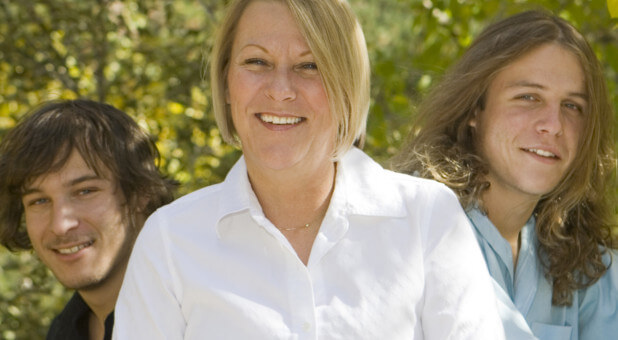Seeing God Afresh
Perhaps the most important way we all fail to see God is in the most basic—love. Few of us had parents who could, and did, take the initiative to regularly comfort and give affection when we needed it.
Most of the people I have ministered to insist that their parents did not initiate action appropriate to their needs in childhood. Many complain that their parents never showed affection at all. That clouded our hearts’ picture of God, no matter what our minds learned to think of Him.
The entire Bible is the history of God taking the initiative to come to deliver all mankind and us personally. We see that basic fact, if we have eyes at all to read. But in the daily practice of devotional life, we strive to reach a God who we actually think in our hearts may not be listening after all, and we feel alone.
Our hearts see God clothed in our parents’ mannerisms. In such areas we are unconverted in heart. All mankind’s history teaches us at our hearts’ level that God is created in our image instead of the other way around.
Our own personal history is the fabric by which we see God. And all our judgments become colored glasses that darken the face of God (Is. 55:8-9).
From the moment of our first conversion, the Holy Spirit is given license to work upon our hearts, to reveal and convict. The Christian life of sanctification and transformation is therefore summarized: “Beloved, now we are children of God, and it has not appeared as yet what we will be. We know that when He appears, we will be like Him, because we will see Him just as He is. And everyone who has this hope fixed on Him purifies himself, just as He is pure” (1 John 3:2-3, NASB).
After many years of ministering to others, Paula and I are still discovering more and more areas in which our own forgotten but still active childhood judgments of our parents have blinded our eyes to God. And we had good, loving, well-intentioned parents.
What of the many who have been so fiercely wounded? St. Paul said, “I press on to know Him” (Phil. 3:12).
Our first conversion has resurrected our inner Lazarus. Now let us be members of that fellowship of Bethany called by Christ to take the grave clothes off one another’s hands, feet and faces (John 11:44) so we may behold life, walk with Him and hold His hand.
John L. and Paula Sandford are the authors of numerous books, including Transforming the Inner Man, from which this article was adapted.












